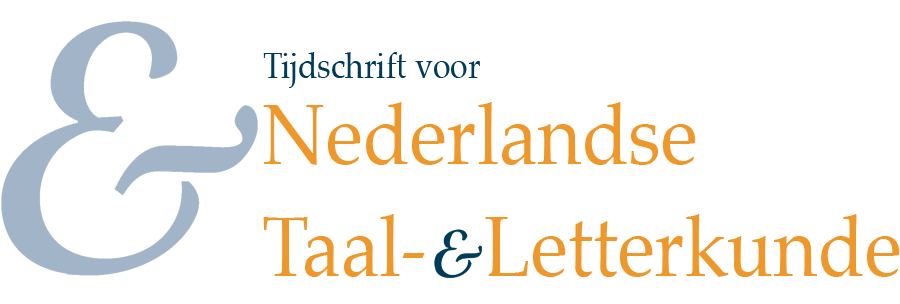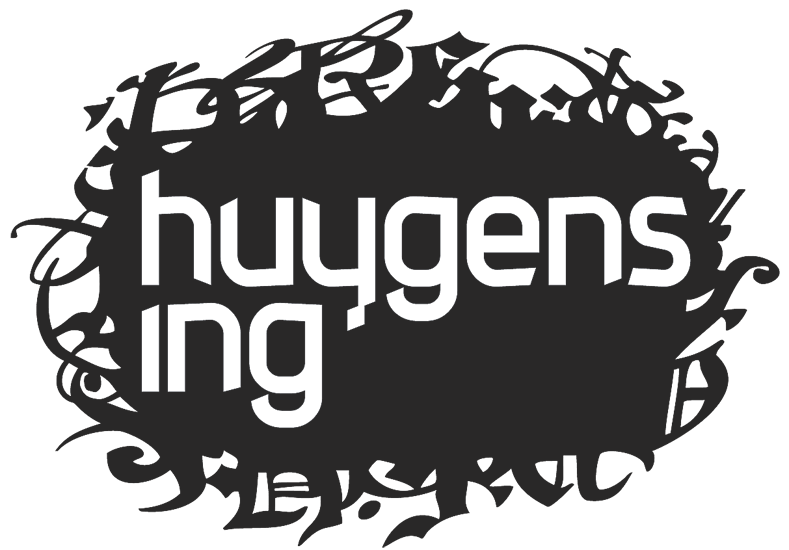The Bastardisation of History. Mythology and Transculturation in Tertius Kapp’s 'Rooiland'
Samenvatting
This article analyses Tertius Kapp’s play Rooiland (2013) from the perspective of mythology and transculturation. The play takes place in an unspecified South African prison during an immanent gang war within its walls and relies heavily on prison gang histories, which are often referred to as mythologies. Instead of reading the content of the different versions of gang history offered by the characters as mythological in the traditional sense of the word, Stuit asks exactly what the ‘mythical’ entails in the context of Kapp’s play and focuses on mythological processes as the transmission of ideology (Barthes). It will be argued that the play foregrounds mythology as a complex and gritty process of violent interaction that can be better understood by seeing it as a transcultural process of simultaneous renewal and loss of individual attachments (Ortiz). In this way the play helps to understand the profound mixing of cultural strands at moments when ideology is solidified in shared narratives about what counts as a communal origin.
Terugverwijzingen
- Er zijn momenteel geen terugverwijzingen.



